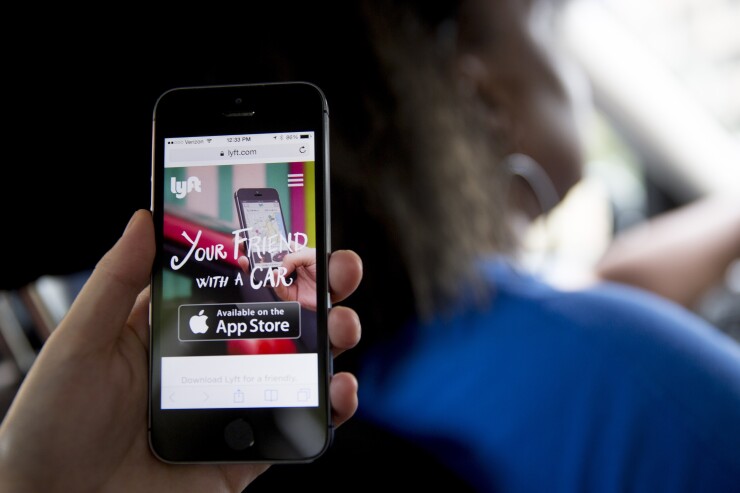Workers are turning to the gig economy for extra cash or full-time flexibility, but are out of luck if they want to go on parental leave, receive workers’ compensation or invest in tax withholding and tax-advantaged retirement savings. A
The Portable Benefits for Independent Workers Pilot Program Act, introduced this week by Sen. Mark Warner (D-Va.) and Rep. Suzan DelBene (D-Wash.), if approved, would establish a $20 million grant pilot program at the U.S. Department of Labor. Under the proposal, states, local governments and non-profits would get $15 million to design, implement and evaluate new programs to provide benefits or $5 million to assess and improve existing models for portable perks for independent workers such as contractors, temps and self-employed workers.
The bill is a necessary response to the shifting workforce, says Sen. Warner.

“As more and more Americans engage in part-time, contract or other alternative work arrangements, it’s increasingly important that we provide them with an ability to access more flexible, portable benefits that they can carry with them to multiple jobs across a day, a year, and even a career,” he says.
See also:
From 2005 to 2015, 94% of net employment growth in the U.S. economy occurred in alternative work arrangements, according to a 2016 study by economists Lawrence Katz and Alan Krueger. Meanwhile, 51% of employees said they are interested in contract or freelance work as opposed to a full-time job, according to MetLife’s annual U.S. employee benefits trends study published in April.
Should the bill pass, the government will need to decide if they want to use a conglomerate of different state models or a one-size-fits-all model to create a federal standard.
The latter would make it easier for workers who frequently cross state lines, such as ride-sharing drivers and freelancers living outside the state they predominantly work in. Lyft and delivery service Postmates endorsed the bill in separate statements.





